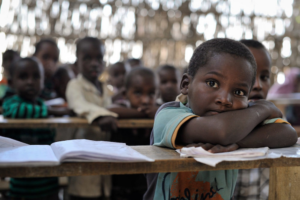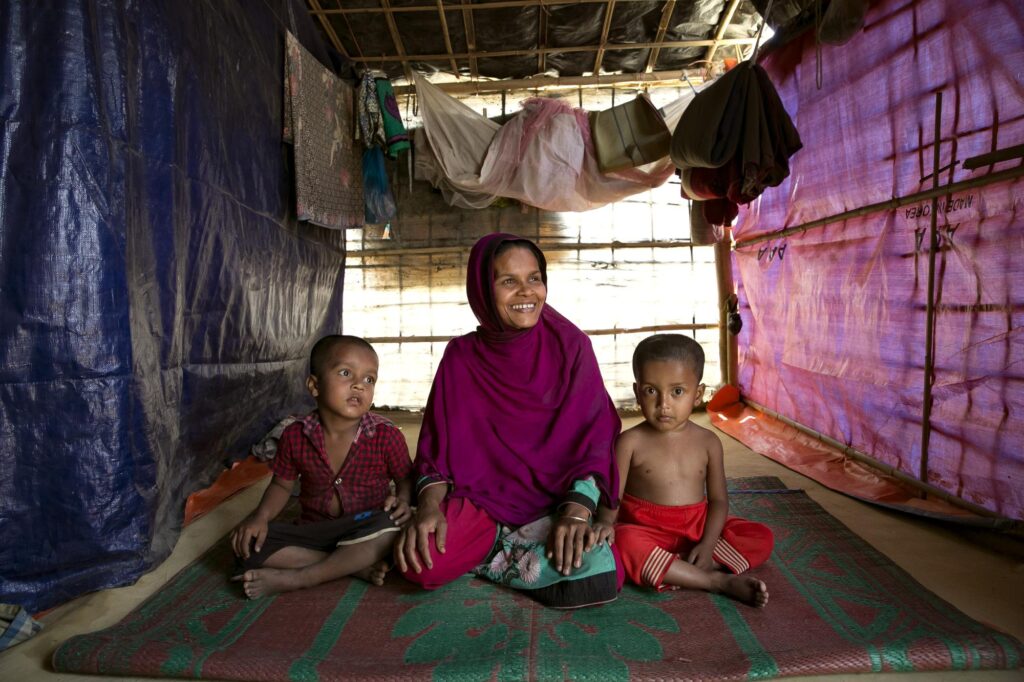The stigma around mental health problems remains a major barrier in low-income countries, preventing individuals from seeking treatment. Mental illnesses are often seen as a social stigma due to traditional views and lack of information.

The result of this misunderstanding is that the affected people are forced to hide their problems. The situation is further complicated by a lack of resources and limited health infrastructure. Raising mental health awareness, providing support at the local level, and improving systems are key steps to address this issue.
Cultural Beliefs and Stigmatization of Mental Illness
In low-income countries, mental illness is often misunderstood by cultural traditions and beliefs, which attribute it to personal weakness or invisible forces. Research shows that more than half of people in these regions attribute mental health problems to non-scientific causes.
This approach discourages individuals from seeking help and increases social isolation. As a result of this stigma, timely treatment is not possible, making the problems more serious.
Barriers to Seeking Mental Health Support
According to research, only a small proportion of people with mental health problems in low-income countries have access to appropriate treatment, less than 10%. Key challenges include lack of information, social pressure, and lack of expertise. Many people avoid seeking help for fear of being criticized or ostracized, which could make their condition worse.
The Role of Community Education in Breaking Stigma
Social education campaigns have played an important role in reducing the stigma of mental health. Where such efforts have been made, awareness of mental illnesses has increased by 30-40%. Providing people with the right information about mental health not only reduced misconceptions but also encouraged those affected to talk openly and seek help. These changes have positive effects on social attitudes, which help to reduce overall mental health problems.
Challenges in Providing Accessible Mental Health Care
Only one-fifth of low-income countries allocate less than one percent of their health budgets to mental health services. Due to this lack of funding, there is a severe shortage of mental health resources such as hospitals, drugs, and specialists. The problem is more acute in rural areas where 80% of people do not have access to mental health services. This situation has become a major obstacle in the treatment of mental illnesses and its immediate solution is necessary.
Policy and Advocacy for Improved Mental Health Services
Specific policies need to be emphasized to fill the gaps in the mental health system. Research shows that where clear mental health policies are in place, access to services improves by 25%.
Investing in basic health services, providing modern facilities, and standardizing mental health programs through legislation is essential to make a significant difference in the conditions of those who benefit from them.
Addressing mental health problems in low-income countries requires a comprehensive strategy, including public awareness, effective policy-making, and necessary investment in health systems. Breaking down cultural barriers and making mental health services accessible to people is critical to economic development as well as social improvement.
Governments, organizations, and communities at the local level can work together to eliminate mental health stigma and ensure early support is provided. Sustainable and effective sustainable reforms in the mental health sector require sustained commitment and financial resources.








